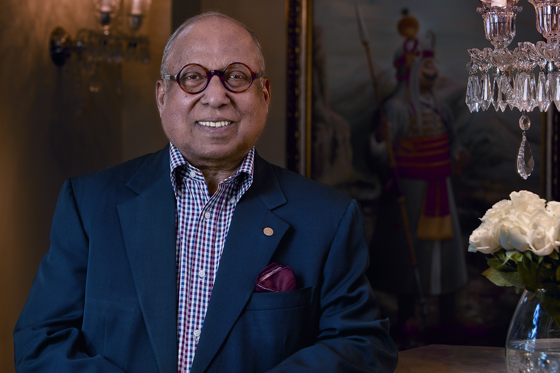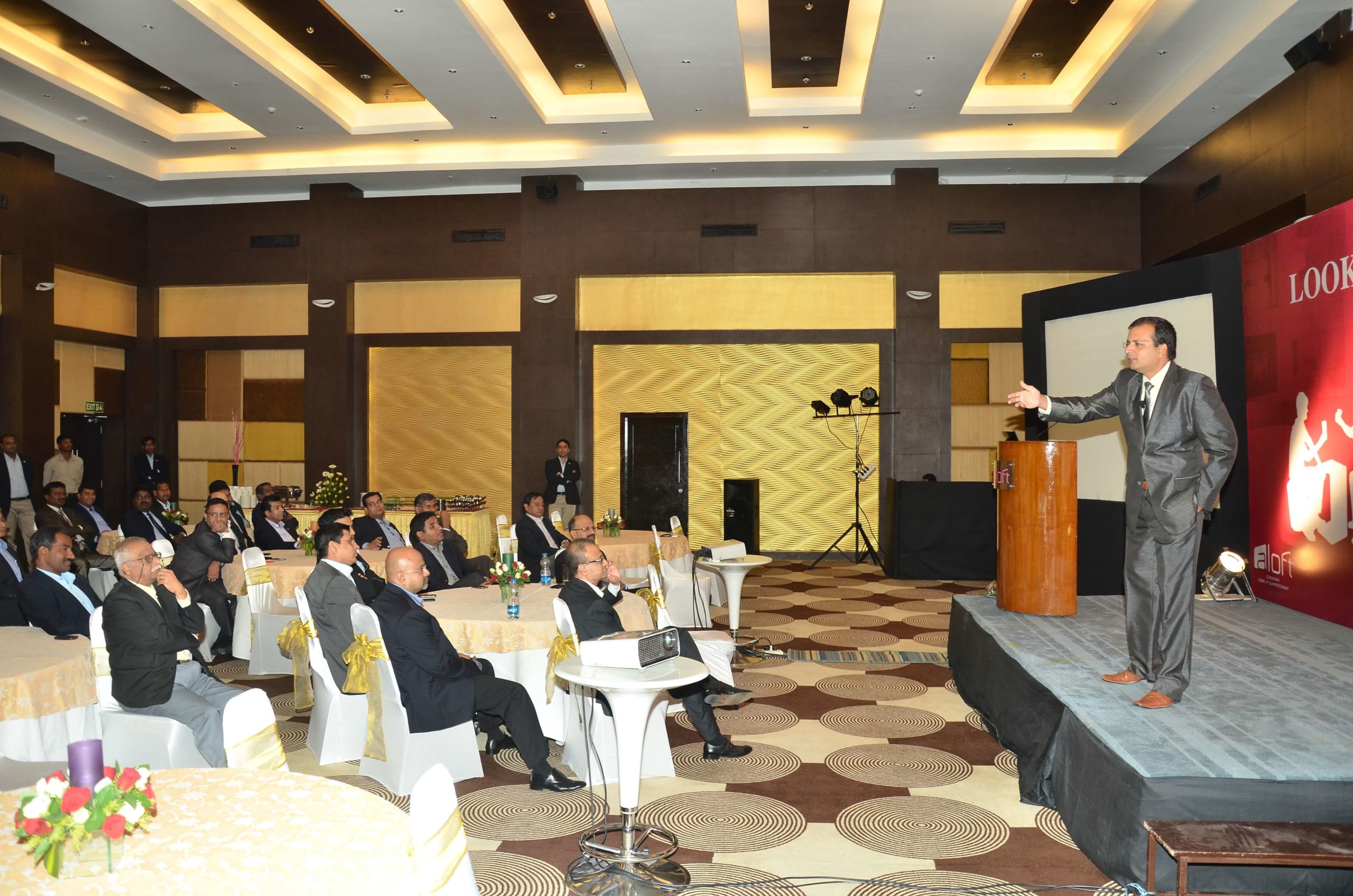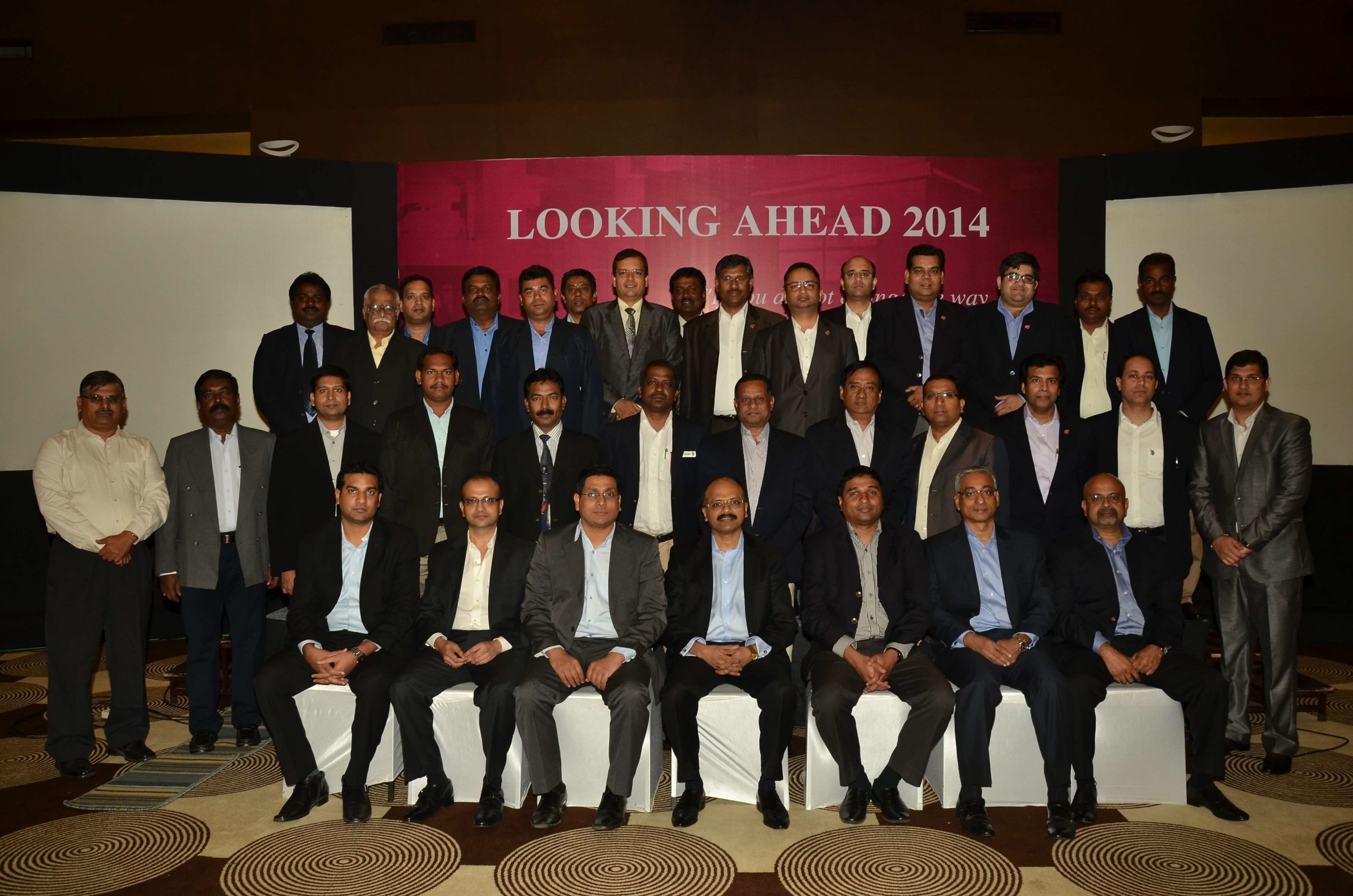The seller’s task is to translate the value from his product to the guest’s mind. The selling process becomes easy if the guest’s needs are identified before proposing your solution. Asking the right questions will help the customer identify his needs. Though there are a wide variety of questions, the most important types of questions are:
Closed Questions… where the expected response is a YES or a NO.
Leading Questions… Can be considered as a type of closed question where you get a desired response which can be either a Yes or a No. If you are able to get three Yes’, it is possible that the customer’s apprehensions and resistance will be reduced.
Open Questions… where the customer is led to give a detailed answer. The simplest way to achieve this is to use the 6W+1H (What, Why, Where, When, Which, Who + How).






